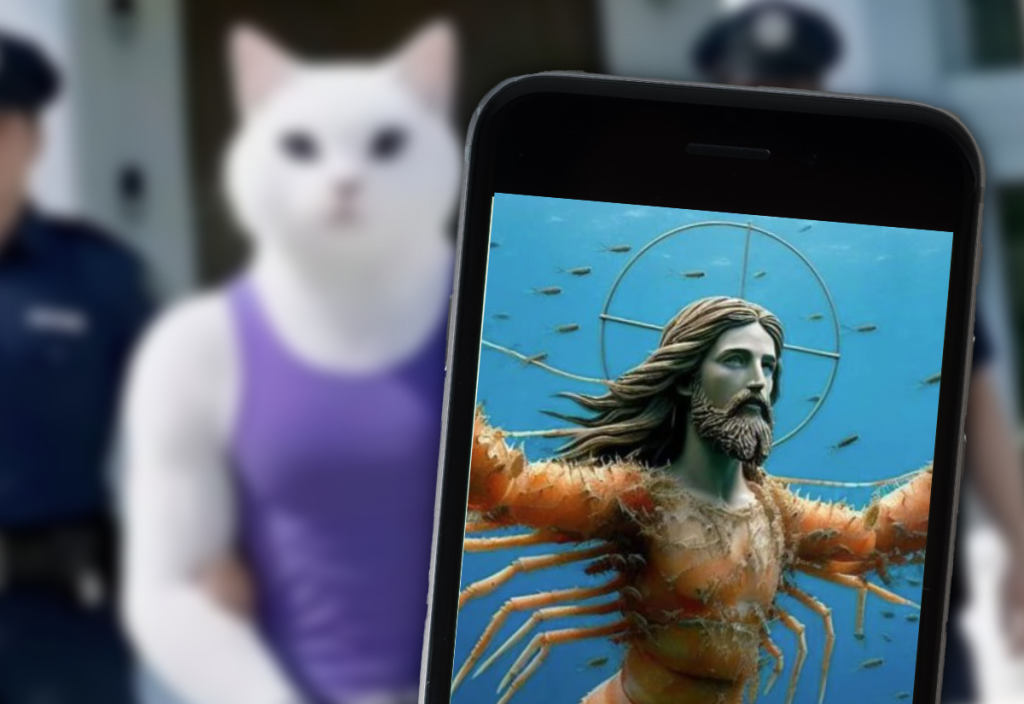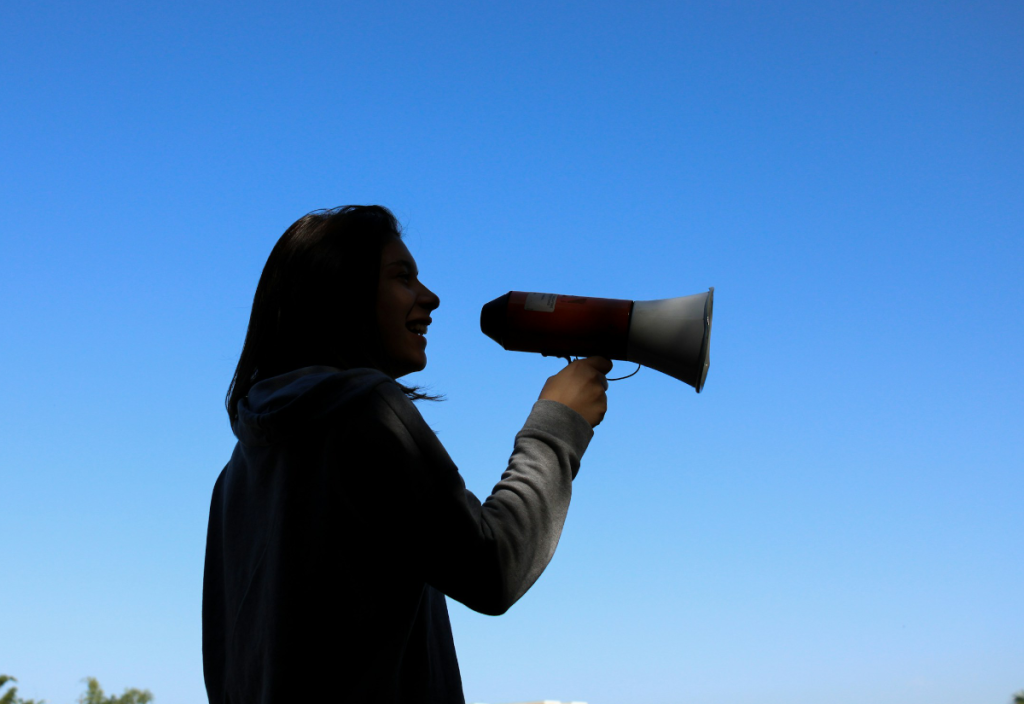The Black Death (also known as the Pestilence) was a bubonic plague pandemic occurring in Afro-Eurasia from 1346-53. It is the most fatal pandemic recorded in human history, causing the death of 75-200 million people.
When the plague travelled along the Silk Road, reaching the Crimea by 1346, Medieval doctors thought it was created by “air corrupted by humid weather, decaying unburied bodies, and fumes produced by poor sanitation.” The plague resulted in the deaths of approximately 30 per cent of Europe’s population. As people struggled to understand the causes of the plague, renewed religious fervour and fanaticism bloomed in its wake, leading to the widespread persecution of minorities such as Jews, foreigners, beggars and lepers.
No one realised the plague was a type of infection caused by the Yersinia pestis bacterium carried by fleas li ving on the backs of black rodents. People began to believe only God’s anger could produce such a horrific display. Giovanni Boccaccio, an Italian writer and poet, questioned whether the plague was sent by God for humans’ correction, or if it came through the influence of the heavenly bodies. Many believed the plague was God’s punishment. But, even believers were not spared the ravages of the plague – over half the parish priests who gave the final sacraments to the dying also died shortly after.
Nearly 700 years on, as the Coronavirus pandemic causes death and disrupts billions of lives globally, Americans, more than any other people from advanced economies, say COVID has strengthened their personal religious faith. This is according to a Pew Research Center study published in January 2021.
At first blush, this may not come as a huge surprise. We know anecdotally, if not empirically, that traumatic events are, at their heart, crises of meaning that cause us to question assumptions about our lives and spiritual beliefs. Psychologists, of course, tell us that when our physical and psychological wellbeing are threatened, our minds – those self-organising, self-seeking systems, having evolved over millions of years to defend us – place winning ahead of just about anything else.
It is easy, therefore, to imagine our minds perceiving life as a zero-sum game – and in the absence of a spiritual anchor, a faith of sorts, it is also easy to see how our minds come to blame others for our misfortune. This form of scapegoating yields acts, in contrast with the teachings of scripture, characterised by hatred, blaming, judgement and an ‘us versus them’ mentality. These are features that are directly attributable to our minds’ narrow and selfish point of view.
Whilst psychologists invite us to shift our thinking to move past our mind-centric worldview and to make sense of the world – including catastrophes – objectively, without the projection of our fears, mental models and past experiences, the response by the religious devout is to let the peace of God, which is said to transcend all understanding, guard their hearts and their minds. We should “trust in God in the midst of suffering” even when much remains uncertain and unclear, as “it’s not for us to understand God’s plan.”
Parallels with the past
The casual reader may think it hard to draw parallels between a time long before the age of Enlightenment, when a religiously charged gospel of hatreds proclaimed the plague as God’s scourge against non-believers and sinners, and our modern-day understanding of pandemics. Surely, you might say that the counterfactual revolution in the epistemology of epidemiologies is long behind us – or, to put simply, that not everyone needs to be working in statistical analysis in order to grasp the concepts of, and trust in, the science of epidemiology.
Some reactions to the COVID-19 pandemic are probably understandable, even if we find them unacceptable. Tensions in the US and other parts of the world are at an all-time high, with health and safety concerns ranking amongst the highest. A January 2021 Stress Snapshot, conducted by The Harris Poll on behalf of the American Psychological Association, found almost 80 per cent of adult Americians consider the coronavirus pandemic as a significant source of stress and anguish in their lives.
Parents are fearful about in-person classes for their children; others are upset that classes will remain remote. Neighbours are irritated by those not abiding by the latest public health guidelines, and by those who are. Some workers can’t wait to return to their offices; others resent being forced to.
David H. Rosmarin, an assistant professor of psychology in Harvard Medical School’s Department of Psychiatry who also runs a Spirituality and Mental Health program at the Massachusetts-based McLean Hospital, has observed rising levels of hostility and anger expressed in aggression, domestic abuse and, in some cases, child mistreatment as a maladaptive response to the pandemic.
In a country where freedom of religion is a constitutionally protected right, affiliation with churches held steady through the sexual-revolution 1960s, through the rootless and anxious 1970s and through the ‘greed is good’ 1980s. But nothing lasts forever, and religiosity is certainly no exception. The first two decades of the 21st century saw large portions of mostly Left-voting Americans become increasingly disenfranchised with American politics and become increasingly unaffiliated with religious traditions.
These trends have occurred at a time when the conservative white evangelical Right, while in decline, continues to be a notable force in American politics and is associated with several institutions, including the Moral Majority, the Christian Coalition, Focus on the Family and the Family Research Council. It is against this group – the conservative white evangelical Right – that we can draw parallels with 14th-century thinking.
When it comes to the pandemic, what stands out is the degree to which such evangelicals remain apart from most other religious Americans. White evangelical Christians have resisted vaccination against COVID-19 at higher rates than other religious groups in the US. A study published in the Journal Proceedings of the National Academy of Sciences provides evidence that persuading these vaccine holdouts to get their shots has only become more difficult.
When it comes to the pandemic, what stands out is the degree to which such evangelicals remain apart from most other religious Americans.
Other research suggests that appealing to white evangelicals’ faith could make a dent in their stagnant immunisation rates. In a social experiment undertaken by Columbia University sociologists, a medical expert presented the benefits of vaccines to one group of evangelicals. For a second group, the same medical expert presented the evidence while also confirming his religiosity. The intent to vaccinate was markedly higher among the evangelicals in the second group.
White conservative Christians have put their political loyalty and beliefs about the pandemic into action by aggressively advocating for religious exemptions for social gatherings. It’s largely the same people who have repelled attempts to make mask-wearing compulsory. Some American anti-maskers have even claimed that being forced to wear a face covering violates their religious rights. Back in May 2020, Ohio State Rep. Nino Vitale, a Republican, publicly rejected mask-wearing on the grounds that covering one’s face dishonors God.
Then-president Donald Trump only fuelled the discord amongst white evangelical Christians, who had come to embrace the worst aspects of American culture and its politics. In fact, many Christian followers of Trump have come to see a gospel of hatreds, resentments, vilifications, put-downs and insults as expressions of their Christianity, for which they too should be willing to fight. When the Christian faith is politicised, churches become repositories not of grace but of grievances. It is hard to know what is more dangerous – religious beliefs that force some people to choose between knowledge and myth, or how it is taboo to point out that religion can promote ignorance.
Many battlefronts in the war on reality
The reaction to COVID is only one battlefront amongst a host of warring campaigns that straddle the sciences with blind religious allegiances. Consider the results of another Pew Survey: 31 per cent of US adults believe “humans and other living things have existed in their present form since the beginning of time”. The survey’s most enlightening aspect, however, was its categorisation of responses by levels of religious activity, which suggests that the most devout are on average least willing to accept the evidence of reality. White evangelical Protestants have the highest denial rate at 55 per cent.
While we know where half of white evangelical Protestants stand on evolution, has the enduring seven centuries since the Back Death changed their thinking on pandemics? Very possibly not. Take the example of John Piper, the theologian, pastor and chancellor of Bethlehem College & Seminary in Minneapolis, Minnesota. When asked what he would say to pastors who claim that the pandemic is God’s judgement on sinful cities and arrogant nations, he said: “God sometimes uses disease to bring particular judgements upon those who reject him and give themselves over to sin.”
R. R. Reno, the editor of the conservative Christian journal First Things, argued that it’s not worth a “mass shutdown of society” just to fight the virus. “There is a demonic side to the sentimentalism of saving lives at any cost.” He decried the “ill-conceived crusade against human finitude and the dolorous reality of death”.
Sadly, it seems, we humans remain a stubborn lot. For many among us, it’s all too often that we forget that God’s will was never meant to be followed in blind faith and absolute certitude.
Photo by Luiz Paulo R Santos on Unsplash.














